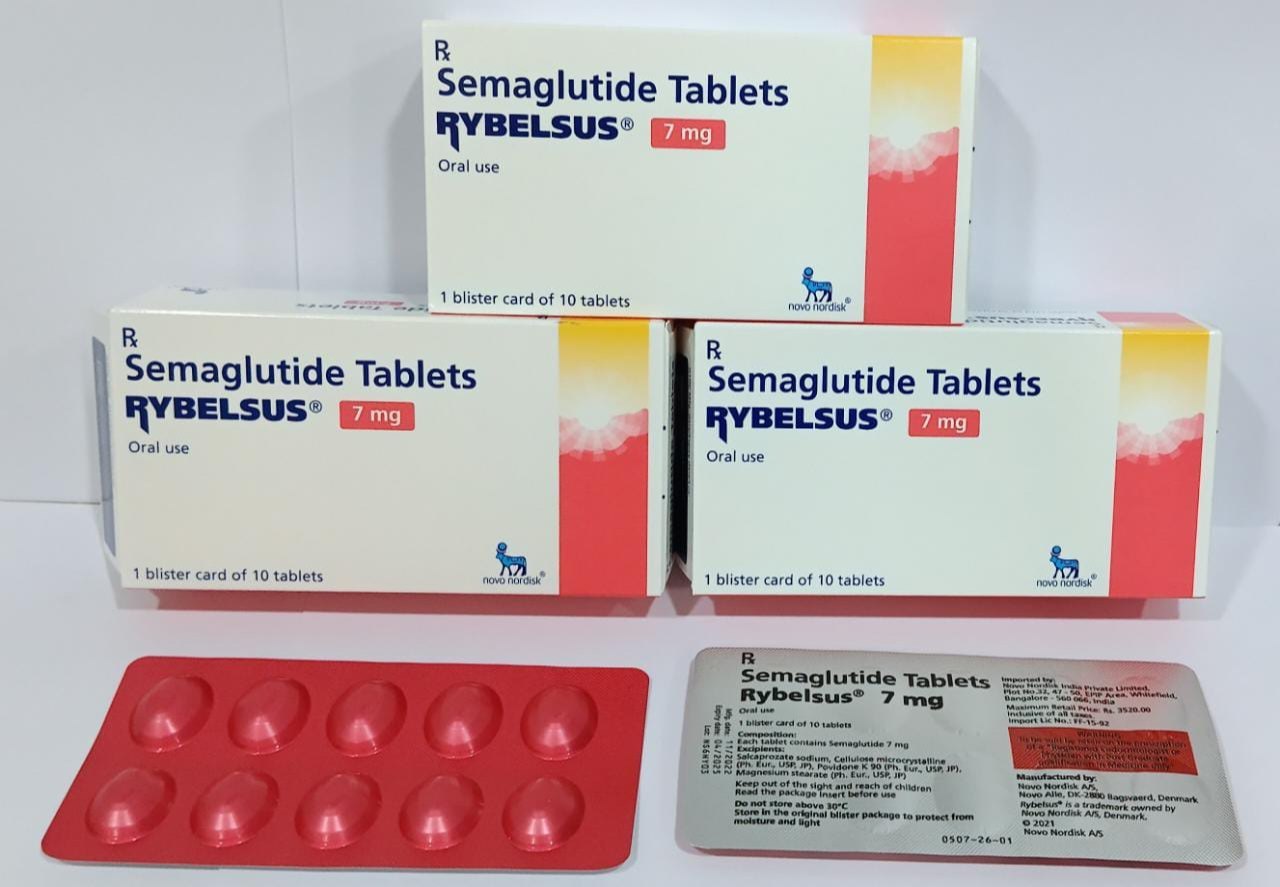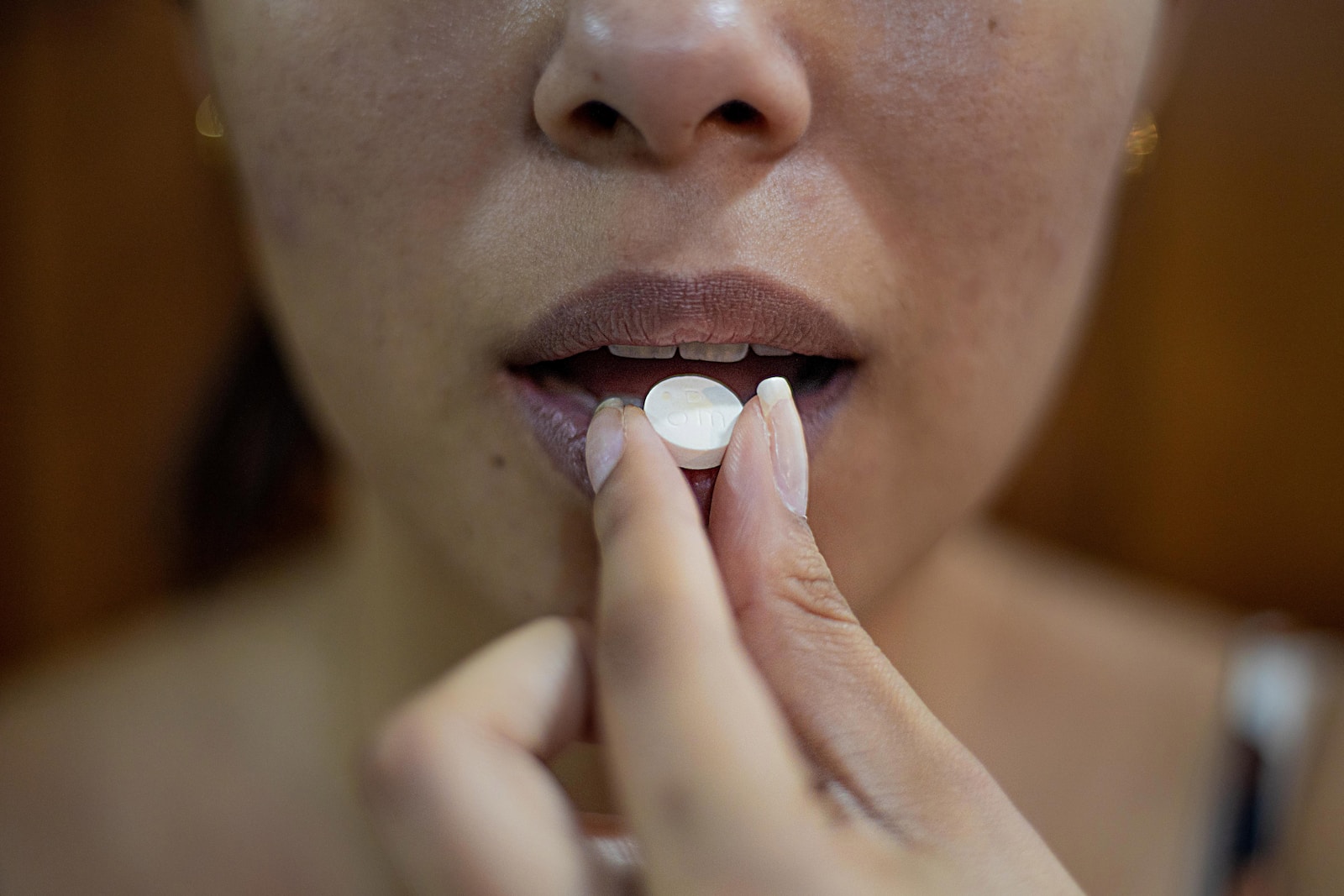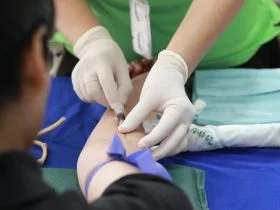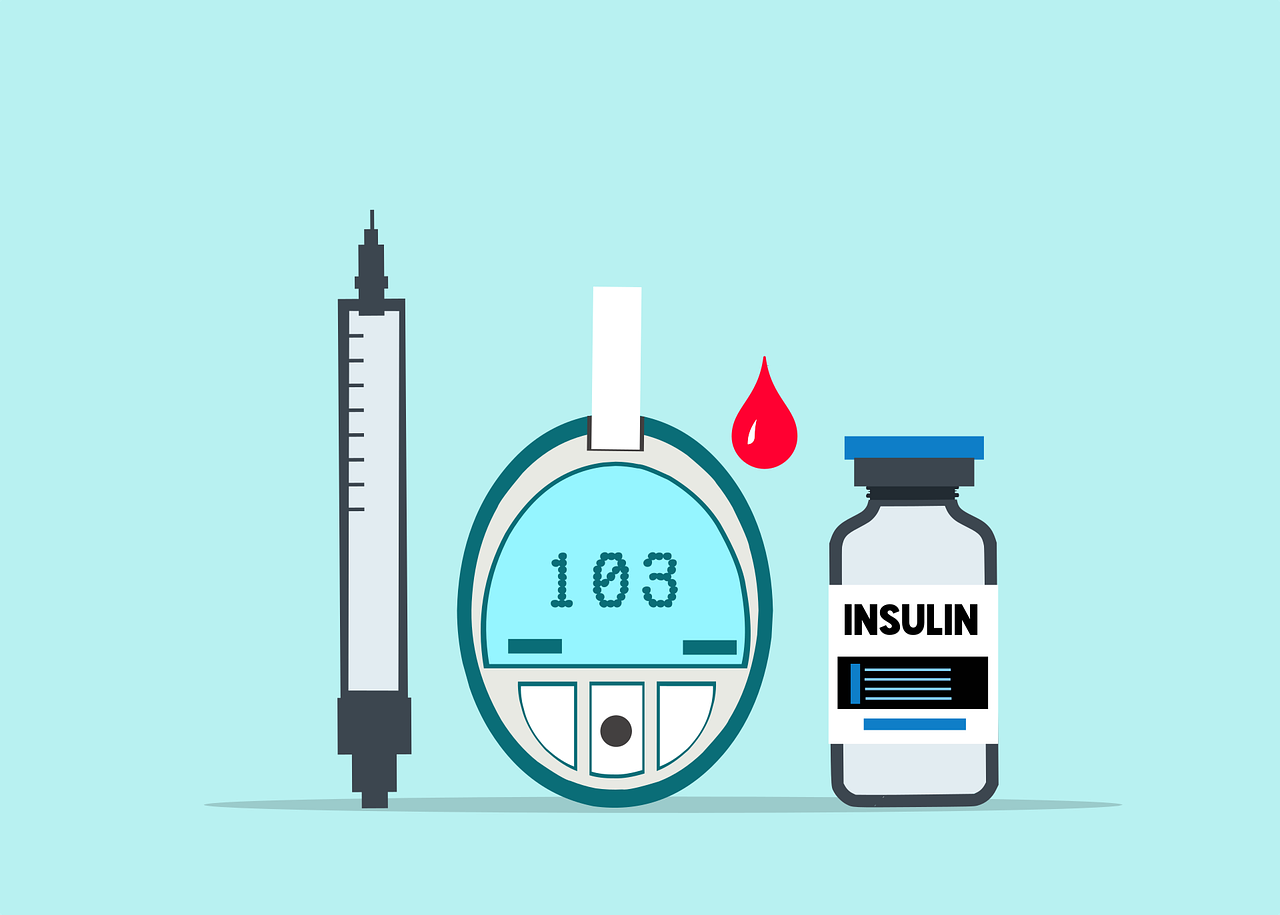Rybelsus, an oral medication primarily approved for the treatment of Type 2 diabetes, has garnered attention for its potential weight loss benefits. With the increasing prevalence of obesity, many individuals are seeking effective and safe options for weight management. As an antidiabetic drug, Rybelsus offers some hope in this regard. This article focuses on user reviews and experiences of Rybelsus for weight loss, providing insights into its efficacy and potential side effects.
It is essential to carefully examine and understand these real-life accounts to make informed decisions about incorporating Rybelsus into a weight loss regimen. Users report mixed experiences online, often sharing how well the medication has worked for them and detailing any adverse reactions or limitations they faced during their treatment journey.
Considering this valuable information can help potential users evaluate if Rybelsus is the right choice for their weight loss journey. By delving into the pros and cons of this medication, individuals can assess its potential impact on their overall health and make a decision aligned with their unique needs and goals.
Reader's Roadmap
Understanding Rybelsus
Rybelsus, also known as semaglutide, is a medication developed by Novo Nordisk to help with the management of both type 1 diabetes and type 2 diabetes. It is an oral tablet that works by stimulating insulin secretion, thus lowering blood sugar levels. A healthcare provider can prescribe this medication as part of an individual’s diabetes treatment plan.
Rybelsus belongs to a class of drugs called GLP-1 receptor agonists or GLP-1 RAs, also known as incretin mimetics. These medications work by mimicking the action of naturally occurring incretin hormones in the body, such as GIP and GLP-1. Incretin hormones play a crucial role in the regulation of insulin secretion from the pancreas. By acting like these hormones, Rybelsus and other GLP-1 RAs make the pancreas more insulin-sensitive, resulting in better blood sugar control for people with diabetes.
The FDA has approved Rybelsus for the treatment of type 2 diabetes in the United States. However, it is not yet approved for weight loss purposes. Even though it has seen some positive reviews on Drugs.com, individual experiences and results may vary.
When considering Rybelsus as part of a diabetes management plan, it is essential to discuss the potential risks, benefits, and alternatives with a healthcare provider. Moreover, the cost of Rybelsus prescriptions can be checked on GoodRx. As with any medication, it is crucial to follow the healthcare provider’s recommendations and monitor blood sugar levels regularly to ensure the efficacy of the treatment plan.
In summary, Rybelsus is an oral tablet that acts as an incretin mimetic to help manage diabetes by promoting insulin secretion and improving blood sugar control. Though not yet approved for weight loss, it has shown promise in some patients. Always consult a healthcare provider before incorporating Rybelsus into a diabetes treatment plan to ensure the safety and effectiveness of the medication.
Rybelsus and Weight Loss
Rybelsus is an oral medication primarily designed to treat Type 2 diabetes, containing the active ingredient semaglutide. Although not explicitly a weight loss drug, many users have reported some degree of weight loss during their treatment.
The weight loss experienced is generally attributed to decreased appetite, which is a common side effect of the medication. This leads to a reduced caloric intake, making it easier for patients to maintain or even lose weight. Some users of the medication have reported losing over 50 pounds in six months while taking Rybelsus. It is important to emphasize that results vary from person to person, and weight loss should not be the primary goal of using this medication.
Incorporating healthy lifestyle changes, such as a balanced diet and regular exercise, can help enhance the effectiveness of the medication and support weight loss efforts. When it comes to weight management and overall health, it is crucial to approach the process holistically and not solely depend on the medication.
Furthermore, a study shows that people taking Rybelsus lost on average, five pounds (2.3kg) while on a 7mg dose, and 8.1 pounds (3.7kg) while on a 14mg dose. These numbers further indicate that weight loss is a potential outcome for some users. However, patients should consult with their healthcare professionals before making any adjustments to their medication regime or expecting significant weight loss results.
In summary, while Rybelsus is not marketed as a weight loss drug, it can potentially contribute to weight loss in some users due to its appetite-lowering effects. Patients should observe a proper diet and exercise regimen to complement the medication’s benefits and remember that individual results may vary.

Rybelsus Dosage
Rybelsus is a prescription medication used for managing type 2 diabetes and has recently been gaining attention for its potential benefits in weight loss. It is available in two dosage strengths: 7mg and 14mg tablets. It’s crucial to follow the prescribed dosage and the instructions provided by the healthcare professional to ensure the most effective results and minimize any potential side effects.
The standard dosing regimen for Rybelsus begins with an initial dosage of 3mg once daily for the first 30 days. This initiation phase is essential to help the body adjust to the medication and minimize gastrointestinal side effects. After this initial phase, the dosage is typically increased to 7mg once daily. This dosage may be sufficient to achieve the desired blood sugar control and weight loss results for some individuals.
However, if after at least 30 days, the desired results are not achieved, and the medication is well-tolerated, the healthcare professional may further increase the dosage to 14mg once daily. Patients should not exceed this maximum dosage, as it may lead to unnecessary complications or adverse effects.
It is essential to take Rybelsus consistently at the same time each day, preferably on an empty stomach. Consuming the tablet with food or liquids other than water can significantly reduce its effectiveness. For best absorption, it is recommended to wait at least 30 minutes after taking the medication before consuming any food, drinks, or other oral medications.
It’s worth noting that individual results may vary, and while some users reported significant weight loss, others may not see the same degree of success. Always consult with a healthcare professional before starting any new medication and closely monitor progress to ensure the medication is working as intended and adjusting the dosage as needed.
Comparison with Other Medications
Rybelsus is an oral medication used to treat Type 2 diabetes, and it has gained attention for its potential role in weight loss. However, it is essential to compare it with other popular medications prescribed for diabetes and weight loss, such as Ozempic, Metformin, Trulicity, and Wegovy.
Rybelsus and Ozempic share the same active ingredient, semaglutide. While Ozempic is an injectable medication, Rybelsus is taken orally. Both medications work by mimicking the effects of glucagon-like peptide-1 (GLP-1), a hormone that helps regulate blood sugar and appetite. In terms of efficacy, both drugs have shown positive results in reducing blood sugar levels and promoting weight loss.
Metformin is another widely prescribed medication for Type 2 diabetes, which works differently from Rybelsus and Ozempic. Metformin helps decrease the liver’s production of glucose and increase the sensitivity of muscle cells to insulin. While metformin is effective in managing blood sugar levels, its role in weight loss is limited and less pronounced than that of Rybelsus and Ozempic.
Trulicity is another injectable medication belonging to the same class as Rybelsus and Ozempic, called GLP-1 receptor agonists. Similar to Rybelsus and Ozempic, Trulicity works by improving blood sugar control, and it also has shown some potential in providing weight loss benefits. However, it’s essential to note that individual experiences may differ, and not all patients may experience significant weight loss.
Wegovy is a new injectable medication specifically approved for obesity and weight management, and it is also a GLP-1 receptor agonist. Wegovy contains the active ingredient semaglutide, similar to Rybelsus and Ozempic. Initial clinical trials have demonstrated substantial weight loss for many participants, making Wegovy an exciting option for individuals seeking weight loss through medication.
Overall, when comparing Rybelsus with other medications like Ozempic, Metformin, Trulicity, and Wegovy, it is crucial to consider the mode of administration, the specific needs of the individual, and the potential side effects of each drug. It is always recommended to discuss medication options with a healthcare professional to determine the best course of action for one’s specific situation.

Side Effects of Rybelsus
Rybelsus, a medication used to manage blood sugar levels in adults with type 2 diabetes, can cause a range of side effects. Some of the most commonly reported side effects include nausea, vomiting, diarrhea, constipation, and abdominal pain. These gastrointestinal symptoms can often be managed by maintaining a bland diet and possibly using over-the-counter medications like Imodium to alleviate diarrhea.
In some cases, Rybelsus can cause more severe side effects such as pancreatitis, which is characterized by pain in the upper part of the stomach. If you experience this, contact your healthcare provider immediately. Other rare side effects include hives, loss of appetite, and low blood sugar (hypoglycemia).
Patients should be aware of the potential risks associated with Rybelsus, including kidney problems, thyroid cancer, and multiple endocrine neoplasia syndrome type 2. The medication has been associated with thyroid C-cell tumors in some patients. Although these instances are rare, it is essential to monitor for any unusual changes and promptly report them to your doctor.
Overall, it is crucial for individuals taking Rybelsus to remain vigilant about potential side effects and maintain open communication with their healthcare providers to ensure proper management of symptoms and risks. By staying informed and addressing issues promptly, patients can maximize the benefits of this medication while minimizing its adverse effects.
Understanding Blood Sugar Levels
Blood sugar levels, also known as glucose levels, are crucial to maintain optimal health. Blood sugar control is the body’s ability to manage the amount of sugar in the bloodstream. Our bodies need sugar to function properly, as it is the primary source of energy for cells. Carbohydrates from food sources, such as fruits, vegetables, and grains, are broken down into simple sugars during digestion.
The hormone insulin helps regulate blood sugar levels by allowing sugar to enter cells to be used as energy. However, an imbalance in this process can result in high or low blood sugar levels. Low blood sugar, also known as hypoglycemia, occurs when there is not enough sugar in the bloodstream. This can cause symptoms such as dizziness, sweating, and confusion.
On the other hand, glucagon secretion occurs when blood sugar levels are low. Glucagon is another hormone that works alongside insulin to maintain blood sugar balance. When blood sugar levels drop, the pancreas releases glucagon, signaling the liver to release stored sugar into the bloodstream. This process helps raise blood sugar levels back to a normal range.
Proper blood sugar management is essential for maintaining overall health, especially for individuals with conditions like diabetes. By understanding how blood sugar levels are regulated in the body and maintaining a balanced diet, individuals can work to keep their blood sugar levels within a healthy range.
Insurance and Cost Effectiveness
Rybelsus is a medication prescribed to adults with type 2 diabetes. Its effectiveness in managing this condition has led some people to consider it for weight loss as well. However, it is essential to evaluate the insurance coverage and cost effectiveness of this drug before incorporating it into a weight loss plan.
Many insurance providers cover prescriptions for Rybelsus, as it is an FDA-approved medication for type 2 diabetes. The extent of coverage may vary depending on the insurance plan and the patient’s specific needs. For those with insurance, the out-of-pocket cost for Rybelsus can be as low as $10 for 30 days, making it relatively affordable for some people.
Patients without insurance or with high copays can explore various discount programs to help mitigate the cost of Rybelsus. For instance, GoodRx offers a platform that tracks prescription drug prices and provides coupons, potentially further reducing the cost of this medication.
It’s important to note that while Rybelsus has shown promise in managing type 2 diabetes, its efficacy as a weight loss solution remains uncertain. It does contain the same active ingredient as Ozempic and Wegovy, both of which have been associated with weight loss. However, more research is needed to determine its long-term success in this area.
When considering Rybelsus for weight loss, consulting a healthcare professional is crucial. They can offer guidance on whether this medication is appropriate for individual circumstances, taking into account factors such as medical history, current prescriptions, and insurance coverage. By carefully assessing these factors, patients can make an informed decision about the potential benefits and costs of using Rybelsus for weight loss.
Rybelsus Reviews and User Experiences
Rybelsus, a medication used to treat diabetes and known for its potential to help with weight loss, has had mixed experiences among users. WebMD features various user reviews discussing the medication’s effectiveness, ease of use, and side effects. Understanding the different experiences and opinions can help potential users make informed decisions about the medication.
On Drugs.com, Rybelsus holds an average rating of 5.6 out of 10 from 178 reviews, with 43% of reviewers reporting a positive experience and 34% describing a negative one. The website allows users to filter reviews based on various factors such as recency, helpfulness, rating, and time on medication. For example, a user named Daisy took Rybelsus for less than a month and shared her thoughts on January 23, 2023.
Furthermore, Everyday Health provides a comparison between Rybelsus and Ozempic, both of which are used to treat diabetes and have weight loss effects. Ozempic is an injectable medication while Rybelsus is a pill. Their article, also fact-checked, serves as a valuable source for individuals considering either medication.
In terms of weight loss specifically, GoodRx discusses the potential of Rybelsus as a “magic pill” for those struggling with weight management. While the effectiveness of weight loss injections is well established, this article provides an insightful exploration of Rybelsus’ potential for weight loss in comparison.
User-generated content, such as reviews and experiences found on platforms like WebMD and Drugs.com, offers valuable insights from people who have used Rybelsus. Combined with professional resources like Everyday Health and GoodRx, potential users can access a comprehensive understanding of Rybelsus and decide whether it is the right choice for their individual health needs.
Precautions and Warnings
Before starting Rybelsus for weight loss, it is essential to discuss the treatment plan with a healthcare provider. The healthcare provider will carefully assess the individual’s health condition, diabetes management, and other factors that may influence the decision to use Rybelsus.
Individuals with a history of pancreatitis should inform their healthcare provider, as Rybelsus may increase the risk of pancreatitis. Regular monitoring of pancreatic function is necessary to ensure the medication is not causing harm.
Patients with diabetic retinopathy should also inform their healthcare provider, as Rybelsus may worsen this condition. If diabetic retinopathy is present, the healthcare provider will recommend an appropriate course of action and assess the patient’s eye health regularly.
If a patient has a history of thyroid c-cell tumors, Rybelsus may not be recommended as it has been linked to an increased risk of such tumors. Individuals with a family history of medullary thyroid carcinoma should discuss this with their healthcare provider before starting treatment.
Aside from the specific health conditions mentioned above, it is crucial for the patient to discuss their medications with the healthcare provider. Some medications may interact with Rybelsus and alter its effectiveness or cause adverse effects. Healthcare providers will evaluate the patient’s medication regimen to ensure that potential drug interactions are minimized or managed appropriately.
Heart disease is also a concern for individuals considering Rybelsus. The healthcare provider will assess the patient’s risk of heart disease and recommend ways to manage the risk alongside the use of Rybelsus. This may include lifestyle changes, exercise routines, and other approaches to support heart health.
In conclusion, it is vital for patients to discuss their health history and medications with their healthcare provider before starting Rybelsus. Doing so will ensure that the treatment is both safe and effective in the management of their weight loss and diabetes.








Leave a Reply
View Comments